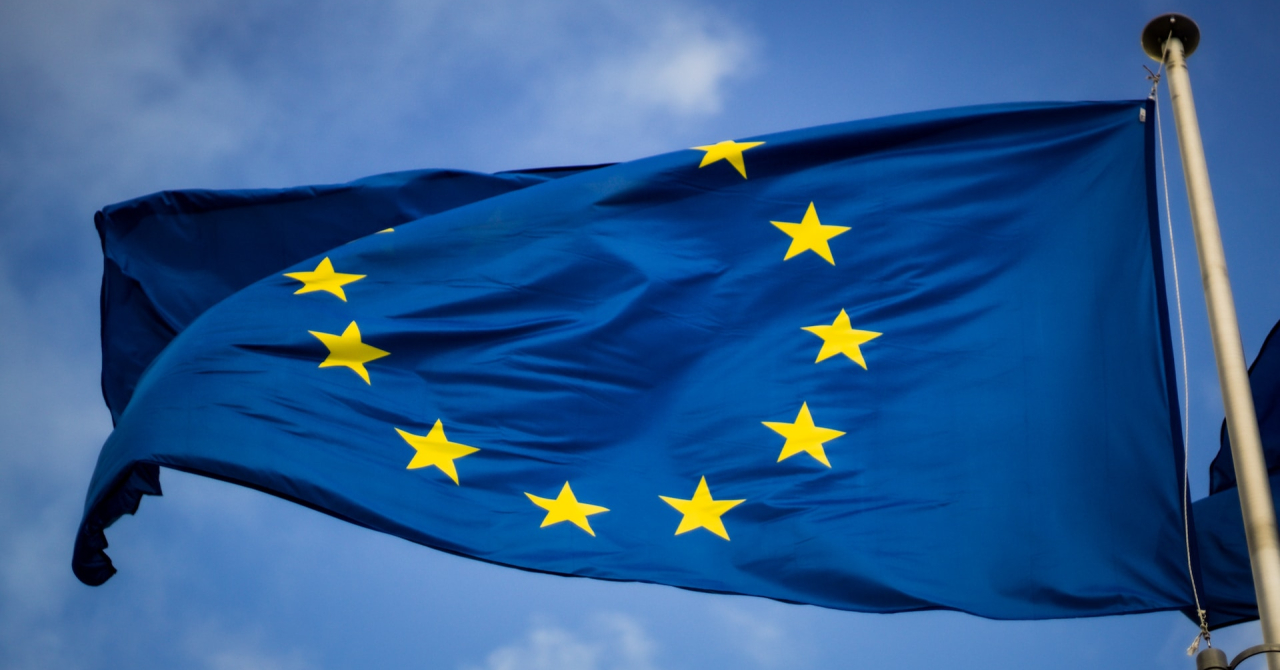This is essential for the competitiveness of Europe, including for green and digital industries as well as defence and aerospace.
The new rules help to increase domestic capacities for critical raw materials along the supply chain, complementing initiatives to diversify their supply through international partnerships supported by the Global Gateway facility. The agreed benchmarks specify that the EU should have the capacity to extract 10%, process 40%, and recycle 25% of its annual consumption of strategic raw materials by 2030.
In terms of recycling, the deal also ensures that we will progressively take into account waste to determine recycling objectives. The compromise also includes the objective to mitigate demand through resource efficiency and technological progress. The EU should also diversify its imports of strategic raw materials, so that it does not rely on a single source of supply for more than 65% of its consumption.
To strengthen the EU domestic capacities, the Commission with Member States will identify Strategic Projects along the value chain that will benefit from more streamlined, faster and more efficient permitting procedures as well as facilitated access to finance.
The agreement also extends the scope of Strategic Projects to those allowing the production of materials that substitute strategic raw materials. Moreover, the Act ensures that efforts to build secure and sustainable critical raw material value chains, through Strategic Projects in the EU or in third countries, are made in compliance with high environmental, social and governance standards.
The agreement includes that the list of critical and strategic raw materials will now become part of EU law, and adds aluminium and synthetic graphite to the list. These raw materials have been identified given their strategic importance for green, digital, defence and space sectors and their forecasted increase in demand that will exceed the foreseeable supply.
The Act also introduces an effective monitoring of critical raw materials supply chains, and an obligation for large companies to perform risk assessments of their supply chains. It also foresees the coordination of strategic raw materials stocks among Member States.
 Mihai - Cristian Ioniță
Mihai - Cristian Ioniță












Any thoughts?